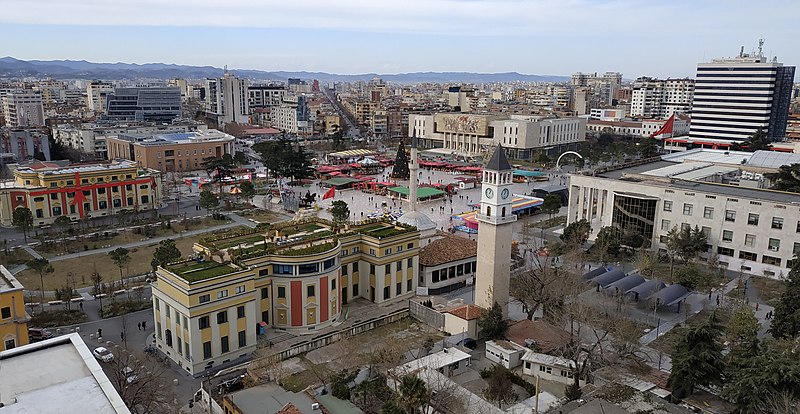
Albania, a Western Balkan EU hopeful, is facing a demographic crisis as its population declines sharply due to emigration. According to data from the country’s Institute of Statistics (INSTAT),
the population of Albania decreased by 1.3% in 2022, equivalent to around 36,000 people, mainly young people. This marks the sharpest population decrease since World War II. The country’s population has been declining for years, but the decline increased from 0.3% in 2019 to 0.6% in 2020 and 2021 and more than doubled to 1.3% in 2022.
The decline in population is particularly concerning when the data is analysed by age. Albanians between the ages of 20-24 witnessed a decrease of 7.1%, equivalent to 15,000 people, while those aged 25-29 decreased by 6,300. In terms of the economically active population, those employed or working and paying into the system decreased by over 32,000.
Emigration has been a significant issue for Albania, with around 700,000 people leaving in the last decade, bringing the total to approximately 1.4 million since the fall of communism in 1991. The data shows that the issue is not improving, and the situation is particularly concerning due to the country’s ageing citizens, declining birth rate, and the thousands of people that emigrate every year.
The situation has also made headlines in the UK, with the British authorities counting more than 15,000 Albanian citizens crossing the channel in dinghies and seeking asylum there. The issue sparked a debate in British media, and comments from the Home Office and ministers were criticised as xenophobic.
At home, the Albanian government has made little comment on the situation, while the opposition has blamed Prime Minister Edi Rama for the issue. In a December 2022 interview with EURACTIV, Rama said that he cannot tell the country’s young not to leave and that they have the right to try and make use of their freedom.
Opposition leader Sali Berisha told EURACTIV in December that his party is working to bring people back, including a “brain gain” project.
However, the decline in population will likely have negative consequences for the country. One issue is that of pensions as it will damage the state’s ability to pay them or fund services such as healthcare. Secondly, there is a big shortage of workers in hospitality, tourism, and manufacturing, as well as dwindling numbers of doctors, nurses, and other skilled professionals.
The situation highlights the need for Albania to address the issue of emigration and encourage young people to stay in the country. The country needs to create opportunities and improve conditions to keep young people in Albania. It is also essential to work on policies to bring back skilled professionals and boost the economy to avoid negative consequences such as a lack of workers and funding for pensions and healthcare. Photo by Silva.arapi, Wikimedia commons.



































